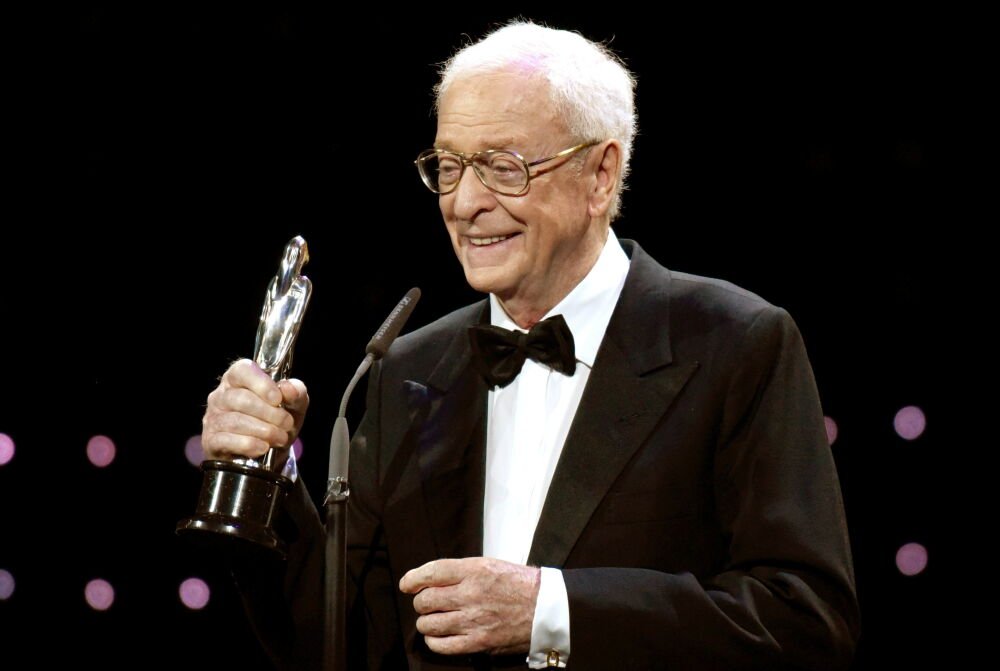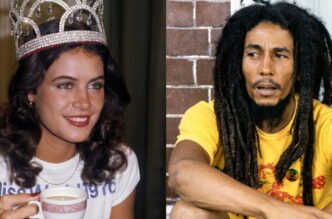Early Life and Background
Sir Michael Caine, born Maurice Joseph Micklewhite Jr. on March 14, 1933, in St Olave’s Hospital, London, is a retired English actor, producer, and author. He grew up in Rotherhithe, South East London, with his mother, Ellen, a cook and charlady, and his father, Maurice, a fish market porter, paving the way for his success as a distinguished British actor.
Caine served in the British Army from 1952 to 1954, stationed with the Royal Fusiliers in Iserlohn, West Germany, and saw active service in the Korean War. This experience later added authenticity to his portrayals of soldiers and veterans.
Rise to Stardom
Michael Caine’s career began in the 1950s, gaining fame in the 1960s with iconic British films. His breakthrough was ‘Zulu’ (1964), where he portrayed a British officer in the Anglo-Zulu War. His distinct Cockney accent became his trademark.
In 1965, he starred in “The Ipcress File,” showcasing his acting range as Harry Palmer, earning critical acclaim and establishing him as a leading man. In 1966, he played Alfie Elkins in “Alfie,” a character study of a womanizing Cockney questioning his lifestyle, earning his first Academy Award nomination for Best Actor.
Achievements and Contributions to Cinema
Sir Michael Caine has appeared in over 160 films over six decades, showcasing versatility across genres like drama, comedy, and action. He has won two Academy Awards for Best Supporting Actor for ‘Hannah and Her Sisters’ (1986) and ‘The Cider House Rules’ (1999).
In 1992, Caine was appointed Commander of the Order of the British Empire (CBE) and in 2000, knighted by Queen Elizabeth II for his contributions to British film, accepting the honor as Sir Maurice Micklewhite, but is publicly known as Sir Michael Caine.
Personal Life
Caine’s personal life mirrors his professional one. He married actress Patricia Haines in 1954, having a daughter, Dominique, before their divorce in 1958. In 1973, he married Shakira Caine, a Guyanese actress and model, with whom he has a daughter, Natasha.
Caine, a proud grandfather of Taylor, Miles, and Alegra Hall, keeps a private life, prioritizing family and personal passions over fame.
Health and Later Years
Michael Caine has faced health challenges, including spinal stenosis, which led to surgery and recovery. He enjoys life, demonstrated by relaxed outings and a birthday dinner with comedian David Walliams.
Legacy and Influence
Sir Michael Caine significantly impacted cinema and popular culture, redefining the traditional leading man with realism and grit. His influence inspires actors across generations.
Caine has contributed to cinema beyond acting, sharing insights in his books, including ‘DON’T LOOK BACK, YOU’LL TRIP OVER: MY GUIDE TO LIFE,’ which offers wisdom and humor from his career.
FAQ
Why is Michael Caine called Sir?
In 2000, Michael Caine was knighted by Queen Elizabeth II for his services to British cinema, accepting the honor as Sir Maurice Micklewhite in memory of his father, though he is known as Sir Michael Caine.
Did Michael Caine fight in any wars?
Michael Caine served in the British Army’s Royal Fusiliers from 1952 to 1954, stationed in West Germany, and later saw active service in the Korean War.
What surgery did Michael Caine have?
Michael Caine had spinal surgery for spinal stenosis, a condition that narrows the spinal canal and causes pain.
What are Michael Caine’s famous films?
Michael Caine’s famous films include ‘Zulu’ (1964), ‘The Ipcress File’ (1965), ‘Alfie’ (1966), ‘Hannah and Her Sisters’ (1986), and ‘The Cider House Rules’ (1999).
When did Michael Caine win his first Oscar?
Michael Caine won his first Academy Award for Best Supporting Actor for ‘Hannah and Her Sisters’ in 1986.
What is Michael Caine’s unique acting trait?
Michael Caine’s distinctive Cockney accent is a trademark of his acting style and enhances his film presence.








